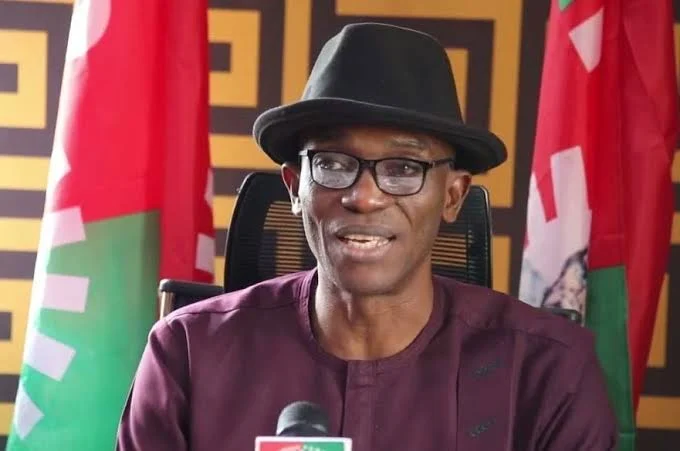Judge Blocks Deportation of Honduran, Nepalese, Nicaraguan Migrants, Extends TPS Protections

In a legal setback for President Donald Trump’s immigration agenda, U.S. federal judge has blocked the termination of Temporary Protected Status (TPS) for tens of thousands of immigrants from Honduras, Nepal, and Nicaragua. The ruling, delivered by U.S. District Judge Trina L. Thompson in San Francisco, halts deportations and extends protection for over 60,000 long-term U.S. residents until at least November 18, 2025.
The case challenges a decision by Homeland Security Secretary Kristi Noem, made under the Trump administration, to end TPS for the three countries.
In her ruling, Judge Thompson criticized the DHS for failing to objectively assess current conditions in the countries affected. She noted that the move to end TPS appeared to be politically and ideologically motivated and could have been influenced by racial and ethnic bias.
“The record reflects that the decision was not based on country conditions, but rather on a predetermined political agenda,” Judge Thompson wrote. “Color is neither a poison nor a crime.”
Temporary Protected Status is a humanitarian immigration program that allows nationals from designated countries affected by war, natural disaster, or political instability to live and work legally in the United States. Many TPS holders from Honduras, Nepal, and Nicaragua have lived in the U.S. for decades, raising families, paying taxes, and contributing to the economy.
The judge also cited evidence of economic and humanitarian consequences if TPS is revoked. Experts estimate that terminating the program could result in a loss of $1.4 billion to the U.S. economy and the forced separation of families.
The plaintiffs in the case, which include TPS holders and immigrant rights organizations, argue that ending the program would uproot families and send people back to countries where they may face violence, instability, and lack of infrastructure.
The court’s decision has been welcomed by immigrant advocates and legal observers who see it as a victory for due process and human rights.
The Department of Homeland Security is expected to appeal the ruling, but for now, TPS protections for nationals of the three countries remain in place. The case is scheduled for further hearings in November.
This ruling adds to a series of legal challenges the Trump administration has faced over its immigration policies, many of which critics have described as overly harsh and discriminatory.








